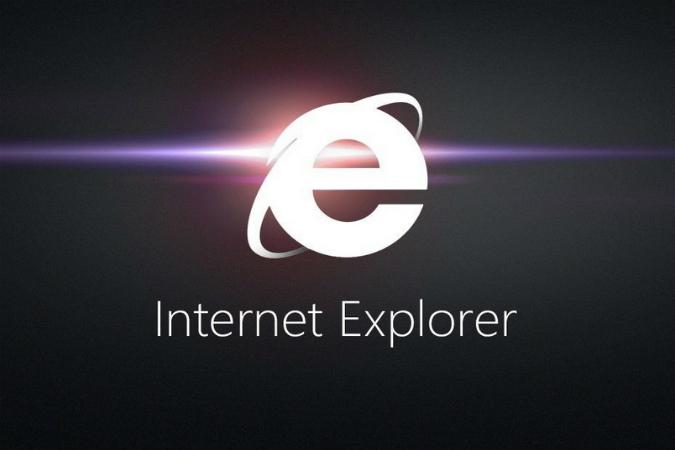
The EU won. Starting March 2010, Windows XP, Vista and 7 clean installations came with a so-called web browser choice screen, or web browser ballot box. This popped up upon first opening Internet Explorer and informed users that Microsoft’s web browser was optional, contrary to popular belief.
11 browsers, including Internet Explorer, were grouped in two categories, first and second tier, and the installation of any of the 11 was readily and directly available. The European Economic Area, Croatia and Switzerland made up the territory where the international court decision applied, and in time, the selection of browsers underwent a number of changes.
Fast forward to today, and Microsoft is again permitted to ignore browser choice, pushing IE as aggressively as company execs see fit. Though the company only acknowledged and obeyed the ruling four and a half years ago, technically the obligation expired five years after it was drawn up, and that date has now passed.
Of course, Redmond didn’t wait a second longer than it had to before yanking off the screen, and the BrowserChoice.eu dedicated website is “no longer maintained”. It’s still accessible, but it now displays a message warning it’ll be down soon, and shows no traces of Firefox, Chrome or Opera insignias.
Should we expect the European Union to go after Microsoft again, and attempt to prolong the 2009 ruling? That seems unlikely, given Internet Explorer hardly holds the monopoly on the web browser scene nowadays.
IE remains dominant according to the most recent Net Market Share monthly report, but the vast majority of Windows users are well aware of the competition. So aware that, using different metrics and measurement methods, StatCounter and W3Counter say Google’s Chrome is far more popular, with the latter also placing Firefox ahead of IE.
Editors' Recommendations
- 5 web browsers you should use instead of Google Chrome or Edge
- I tried the trendy new Arc browser — and this one feature blew my mind
- Microsoft warns that relying on Internet Explorer may cause disruptions
- Why nearly 50% of Windows 10 users still cling to Internet Explorer
- Microsoft Edge’s free VPN may become its must-have feature


